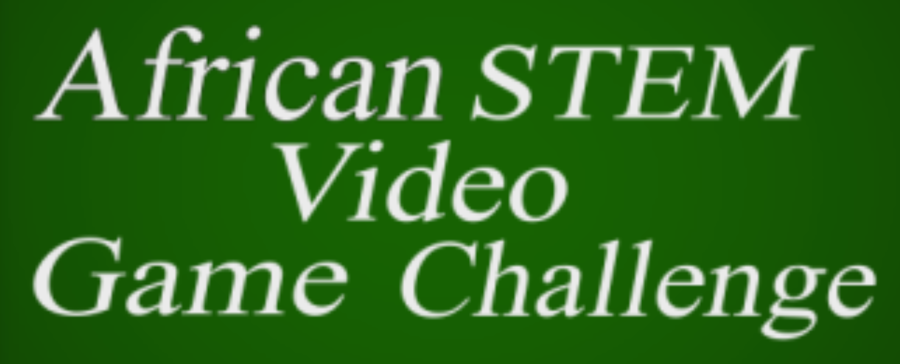The Africa Initiative for Planetary and Spaces Sciences (AFIPS) and the Pan African STEM Video Game challenge 2018 have decided to join forces to engage African students with STEM (Science Technology, Engineering and Mathematics). Planetary and space scientists across the world are invited to contribute to this event that will take place in Africa.
What is the Pan African STEM Video Game Challenge ?
The Pan African STEM Video Game Challenge is a game design challenge for school students from Middle Primary to High schools, to create an original video game based on a STEM theme and concept across Africa.
The Pan African STEM Video Game Challenge is organized by Africa STEM and Video Game Research with the mission of connecting and engaging African students across the continent from north to south, from east to west with STEM (science, technology, engineering and mathematics) disciplines in a new, creative and exciting way, and to facilitate inquiry-based learning that inspires and prepares the next generation of African students for the future. The Pan African STEM Video Game Challenge exists to engage African students in the subject areas of Science, Technology, Engineering and Mathematics (STEM) through the process of designing and building an original video game.
We challenge students to use STEM-related skills in creative environment, engaging and empowering them to learn by constructing something interactive, stimulating and meaningful using creativity and innovation. Our target is to reach more than 10,000 school children from years 5-12 across all the countries in Africa.
More information is available on http://africastemgamechallenge.com.
How is AFIPS involved in the Pan African STEM Video Game Challenge 2018 ?
The Pan African STEM Video Game challenge has set-up a special theme called « Planetary and Space Sciences » for the 2018 edition. African students will be invited to create games in relations with planets, solar system exploration, and astronomy. The theme is present for the two main categories of the competition : students in grades 5 – 8 (~10 – 14 years old) and students in grades 9 – 12 categories (> 14 years).
How can I contribute ?
We need volunteer to be interact with school teachers all across Africa, in order to support the teachers and the students who chose to enter the competition in the theme « Planetary and Space Sciences ». Volunteers will be contacted to answer the questions of the students in Planerary and Space sciences, and provide guidance, data, images, and documents to the teachers. The interactions with students will be coordinated with the local teacher – Consider the strong and positive impact you may have on the life of these students who could get a chance to be in contact with a planetary scientist !
What will be the expected calendar and workload ?
The workload calendar start from March 2018 to July 31st, this covers the time from when the schools have finished registration until the last day of game submission on July, 31st, 2018.
The calendar for Pan African STEM Video Game Challenge 2018 starts with
- Registration Opens on February 1st
- Registration Closes on May 1st
- Game Submission opens on May 21st
- Game Submission closes on July 31st
- Winners announced on August 20th
- Presentation of Prizes and Awards will be announce later.
A scientist volunteering to participate as an advisor for the challenge is expected to help the teachers and students who will develop a game for the theme « Planetary and Space Sciences ». The teachers and students will create a working Game Design Document (GDD) with the support of a scientific advisor. The Game Design Document (GDD) it the blueprint from which a video game is to be built. As such, every single detail necessary to build the game must be addressed in the document. Base on the GDD, teachers and scientific advisors will be expected to interact together. The advisor will be expected to answer questions about planets, solar system exploration and astronomy.
